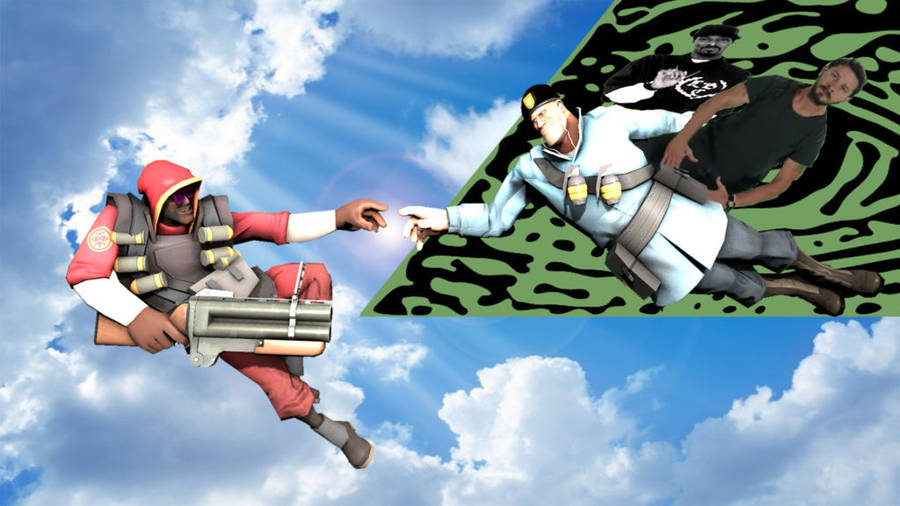Once upon a time, our debates were ugly.
 Over the past few years, however, we've found ways to discuss issues without getting shouty.
Over the past few years, however, we've found ways to discuss issues without getting shouty.Part of what led to the increase in civility is a shared understanding that our positions in life are different.
My dad is a retired business owner.
I am an Assistant Professor working for a public university.
Those facts are enough to establish why some of our interests are not aligned. And they won't be, which is okay. That's why we vote. I don't get everything I want, but neither does he.
When we do debate (which is often), one of my dad's techniques is to argue that my views are the product of my life within the university: "You have to hold those views, Hogan. You can't be conservative on campus, right?"
When I first heard this, I though it was a jab, a way to dismiss my views as irrelevant or out of touch.
And let's face it. That may be the case. I expect my dad would deny as much (he'll let me know when he reads this), but you gotta admit, it is a rhetorically solid way to undermine my arguments.
Whatever that point does to my arguments, however, I've come around. He's right.
As an Assistant Professor of Rhetoric and Composition, I have to hold some pretty liberal views.
But not for the reasons most would assume. My job does not require generic "party-loyal liberalism."
As an Assistant Professor of Rhetoric and Composition, I have to be liberal about something very specific. Here it is:
The university should open its doors as wide as possible. Our mission should be to share our resources with everyone, regardless of class, race, ethnicity, religion, or language ability.
Those values are woven into the work I do as a scholar of rhetoric and composition.
Allow me to provide some context. My discipline was established not too long ago, when colleges and universities opened their doors a little wider after the Civil War. Suddenly there were students in the classroom who did not come from wealthy privileged backgrounds. The student population was no longer as homogeneous as it had been. Students wrote using regional styles of spelling and grammar. Composition courses were introduced to teach the academic voice.
The role of higher education changed, and everyone was better for it.
Over the years, at different historic moments, the doors to higher education have been opened wider and wider to include veterans, minorities, students with less income, students coming from under-resourced schools, students who speak other languages, and the list goes on.
Each time, the role of higher education changed and everyone was better for it.
Don't get me wrong. It's hard work, and there have been people pushing back at each turn - good people - people who thought they were protecting "The University" from forces that would corrupt it. But through continued effort, the door keeps opening wider and wider. The effort is worth it.
The more students we meet, the bigger our world becomes.
Sure, it's challenging to listen to people who see the world differently. You know, people like my dad. But those people have something to teach us. If we shut them out, even if we think we have good reason to shut them out, we all lose something.

